People are shocked when I tell them that the number of books I’ve read cover-to-cover can be counted on my fingers. After been diagnosed with dyslexia at the age of 10, I felt hindered and frustrated in my studies at school. Throughout my relatively short career I have tried to manage my dyslexia, seeing it as how it’s commonly described – a disability.
But earlier this year everything changed. That was when I watched a video on YouTube entitled ‘The gift of dyslexia‘. In the video Professor John Stein, who lectures in physiology at Oxford University, talks about how dyslexia should be viewed in a positive light and how it gives rise to successful people, despite their limitations in certain key learning areas.
I completely re-evaluated how I thought about dyslexia and started to view it not as a disability, and one that should be hidden, but as a gift with the potential to create a distinct advantage in business.
According to Professor Julie Logan of Cass Business School in London, who has carried out research on the subject, entrepreneurs in the UK are twice as likely to be dyslexic as the average person and three times as likely in the US. Indeed, 19% of British entrepreneurs are dyslexic compared to just 1% of corporate managers, the research shows.
So what drives success in entrepreneurs?
For starters, having an appetite for risk helps, especially when you get comfortable with the fact that around 90% of start-ups fail.
This figure alone is enough to put people off getting into business for themselves. But dyslexics are far more relaxed about the possibility of failure because it’s something they’ve been dealing with throughout their studying life – they expected to fail, because of their learning difficulty, but they didn’t. This gives them confidence in becoming an entrepreneur.
It’s extraordinary the number of hugely successful business people who’ve turned out to be dyslexic. People like American media mogul Ted Turner; Britain’s most famous businessman, Richard Branson; and even Henry Ford, father of the modern assembly line.
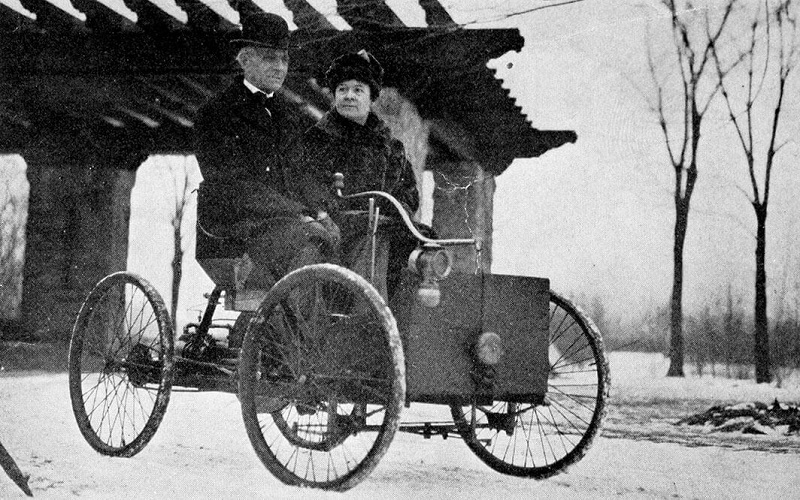
Their disadvantage certainly did not hold them back and in fact proved to be entirely to their advantage in setting up companies that became enormously profitable.
They learned how to navigate their weaknesses and focus on their strengths, while creating a business environment that they were able to control.
My dyslexia benefit
Inspired by new possibilities, it was time to make a leap into entrepreneurship.
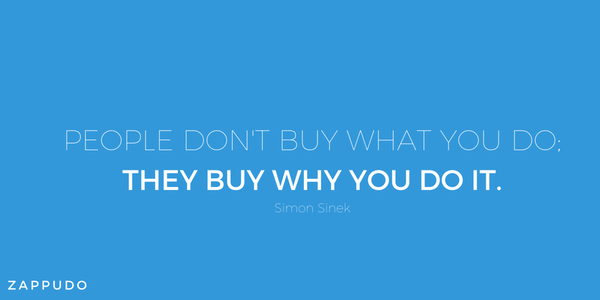
Dyslexia contributed towards me leaving a great business to found my own company, and working to solve a personal difficulty in my job in recruitment. This has evolved into fixing a broader industry problem and creating a job focussed entirely on the areas where it’s possible to add the most value – but more on Zappudo at another time.
It’s important to align your work to an area in which you will excel. Just look at my experience. When I was in my final year at university, I remember phoning my mother to say I was struggling with maths in my Finance course and was thinking about quitting. I enjoyed other parts of the course but just could not get my head around the complex maths.
In the end, I decided that having come so far, it would be foolish to drop out – and so I kept at it and completed the degree, making sure I did as well as I could in the subjects I was interested in and good at. That way I hoped to be able offset my weaknesses in maths.

It worked, but I learned a valuable lesson: don’t take on something that’s in direct conflict with your disability – that’s why I never became an accountant!
In the words of Richard Branson, “In my case they (his teachers) just thought I was lazy, and bad at school … but I must admit I never found lessons very easy.” But that, he says, “doesn’t make you stupid” and “in fact, thinking differently has helped me build the Virgin Group and make it a great success”.
If you’re struggling with dyslexia in school or the workplace, remember you have talents that other people simply don’t have. Be proud of who you are, not of who you aren’t. Turn your disadvantage into an advantage to overcome your personal challenges. It may well lead you to becoming a successful entrepreneur.
_ _ _
Joshua K. Jackson is the Co-Founder of Zappudo, an online recruitment marketplace that takes the hassle out of dealing with recruitment agencies. The mission is to make hiring simpler, more collaborative, and more effective.
If you like this post subscribe to this blog, join our newsletter or follow us on Facebook or Twitter to keep up to date with new content. You might also like our podcasts.
The Codpast is a multimedia production from www.extraordinaire.tv




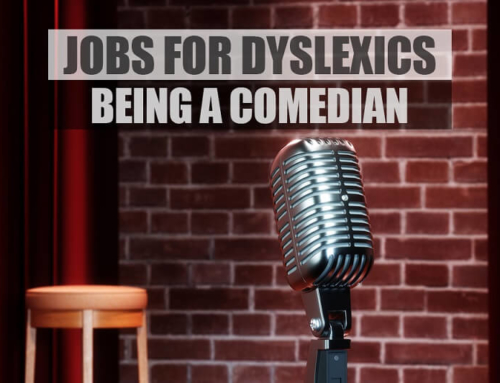
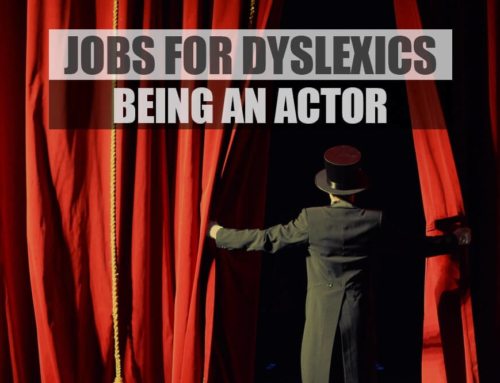


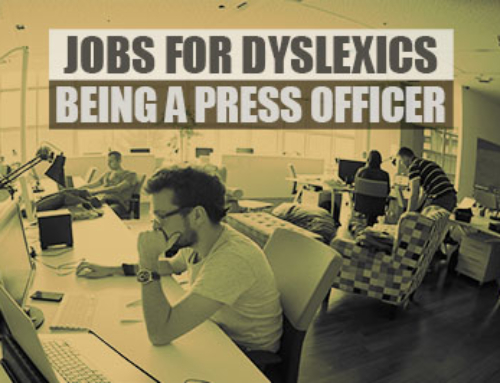
Thank you. DO check out our other content and follow us on Twitter/Facebook.